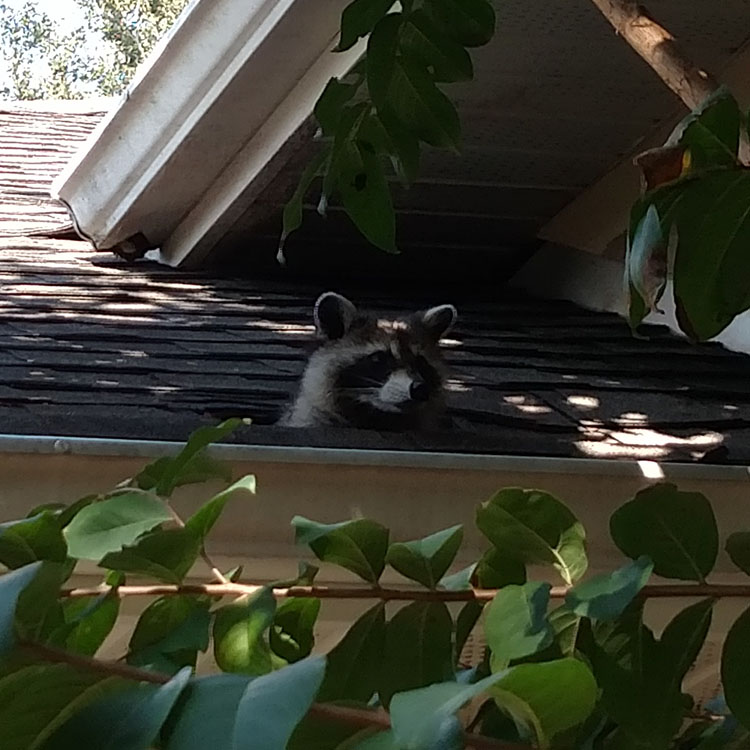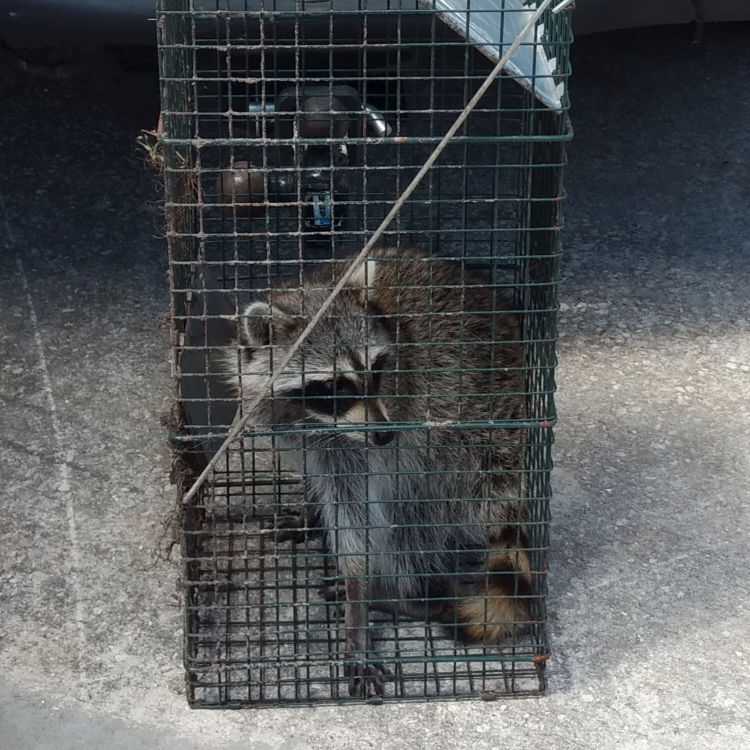Raccoon Diseases
Raccoons carry many diseases and bacterias. Raccoons are experts at adapting to urban and suburban life, and nowadays we commonly see raccoons in and around homes, parks, neighborhoods, yards and properties with trash cans and dumpsters. These raccoons are carriers of diseases that can spread to people. When spread to people, these diseases are referred to as zoonosis. Pets should additionally be protected from raccoons; if a raccoon scratches or bites you or your pets, they can pass these diseases on to you and your family.

Should you be concerned about raccoons? Absolutely yes. You need to make sure you stay protected. What are the common concerns that we deal with regarding raccoons and the bacteria and diseases affiliated with raccoons in the attic? Number one is rabies. Rabies a disease caused by a virus and is almost always fatal. It spreads through a bite and infects the animal (or human). Additionally rabies is also present in raccoon saliva. If you have an open wound and a rabid raccoon spits on you, it can pass the rabies virus on to you. In a study from the CDC, raccoons are the most frequently reported animal species with rabies in the US, specifically the Eastern and Southern Eastern parts of the country. If you think you've been exposed to raccoon rabies, this means that you've either been bit and scratched or spat on by a raccoon. You need to make sure you report this raccoon exposure to your local CDC office immediately. Bites and scratches should be assessed by your healthcare provider and reported to the Public Healthcare system.
Another concern about raccoons is raccoon roundworm. Many raccoons carry around one called Viola Securus. Infected raccoons pass it on eggs in feces; other animals and other people can be infected with raccoon roundworm by accidentally swallowing or ingesting these very small raccoon eggs from the roundworm in either the soil or the water, or if you had a raccoon infestation in your attic does raccoon roundworm eggs are in the feces. If you have air ducts open in your attic and there was roundworm eggs, they will become airborne can get into the vents and then you can breathe them at night. This is why you need to pay close attention if you have a raccoon infestation in your attic. Raccoon roundworm can be fatal if ingested. After the eggs are swallowed they hatch into larvae and move through different parts of the body and can cause serious illness. Within weeks symptoms may include tiredness, lack of coordination, loss of muscle control, blindness and even a coma. Although raccoon roundworm infections are rare, if encountered they can be under-diagnosed. If you suspect that you have swallowed raccoon roundworm eggs or even been in contact with raccoon poop you should seek health care immediately. Early treatment may help prevent a serious infection and even disease.

Another common concern when dealing with raccoons in the attic and raccoon diseases is leptospirosis. What cirrhosis is is a disease that is normally found in raccoon poop, raccoon urine and any of the contamination. From a raccoon infestation in the attic, cirrhosis is a disease caused by leptospira bacteria. This bacteria is carried in the urine of raccoons. If raccoons are in the attic they are generally going to pee in the attic. Raccoon leptospirosis can affect people and animals if it gets onto the skin, inhaled by the nose the mouth or throat, or even swallowed. Dogs are especially at risk and can die from this disease of leptospirosis. Common concerns and symptoms of leptospirosis from raccoon urine is influenza-like symptoms, severe headaches, muscle aches, pain high fevers and in some very serious cases of a raccoon in the attic the bacteria can cause serious liver and even kidney problems. If you feel that you may have the symptoms of leptospirosis you need to contact your CDC immediately and seek medical attention.
With all of this being said you need to make sure that you prevent diseases from a raccoon in the attic. What I normally tell my customers if they're dealing with raccoons in the attic and raccoons out around the property is don't feed the raccoons. Don't put food out for them. Make sure you lock the trash cans at night before the raccoons can eat the trash. If you have pets bring the pet food inside; if you leave the pet food outside raccoons are attracted to the pet food and they think that you are inviting them to your house. If you feed the raccoons and provide food for them you will encounter raccoon poop diseases, so eliminate the factors that attract the raccoons to your home. They're not going to want to be there plain and simple.
I strongly recommend giving us a call at 1-844-247-WILD or sending me an email at Brendan@CenturianWildlife.com. My name is Brendan Mangnitz and my team of preferred vendors would be more than happy to go over any concerns of bacterial diseases or viruses that raccoon infestations can cause. If you need any more information you can always visit my How To Remove Raccoons guide for more raccoon facts.
